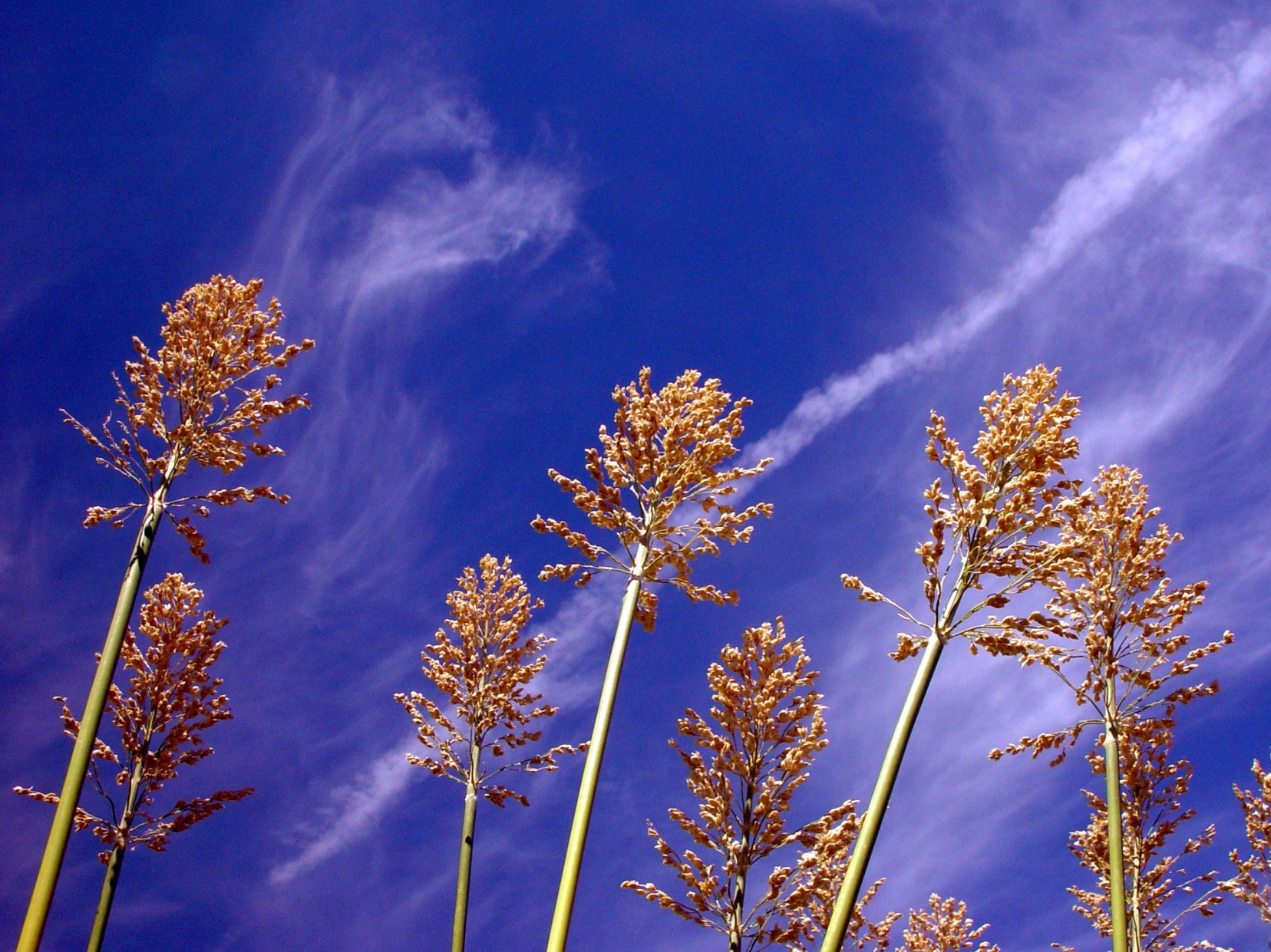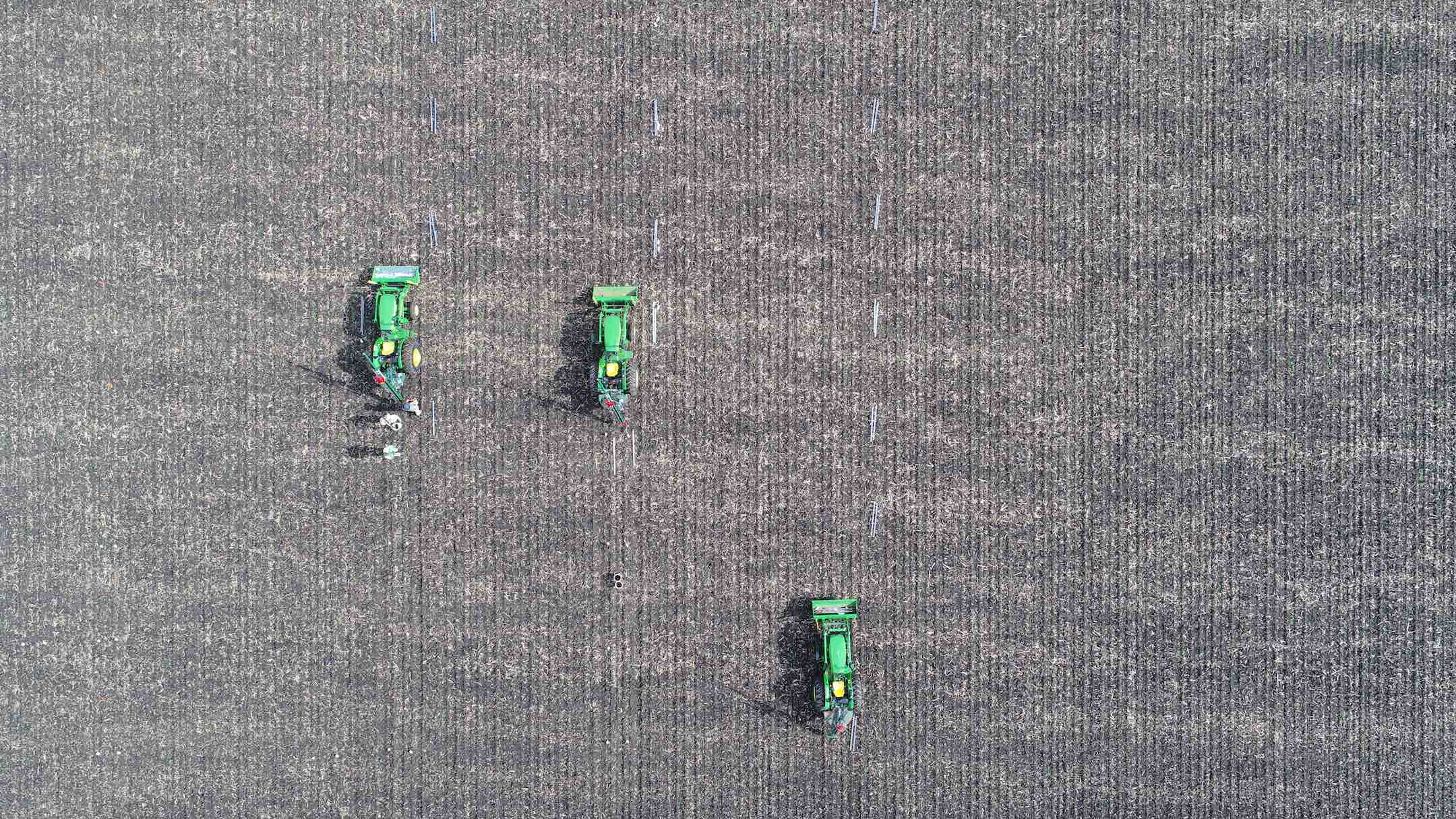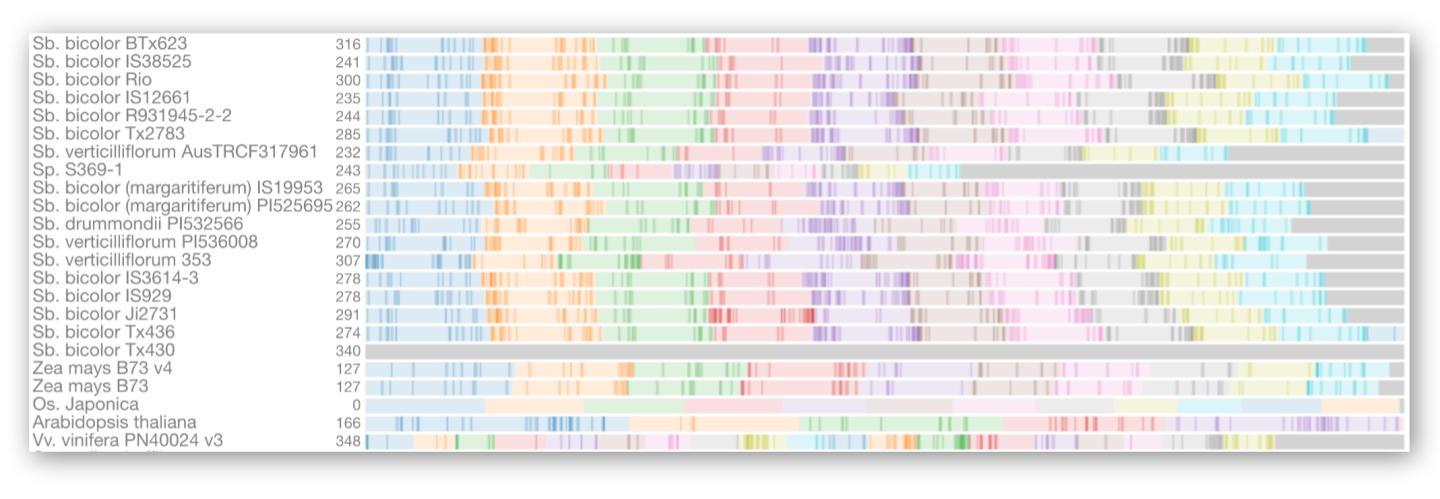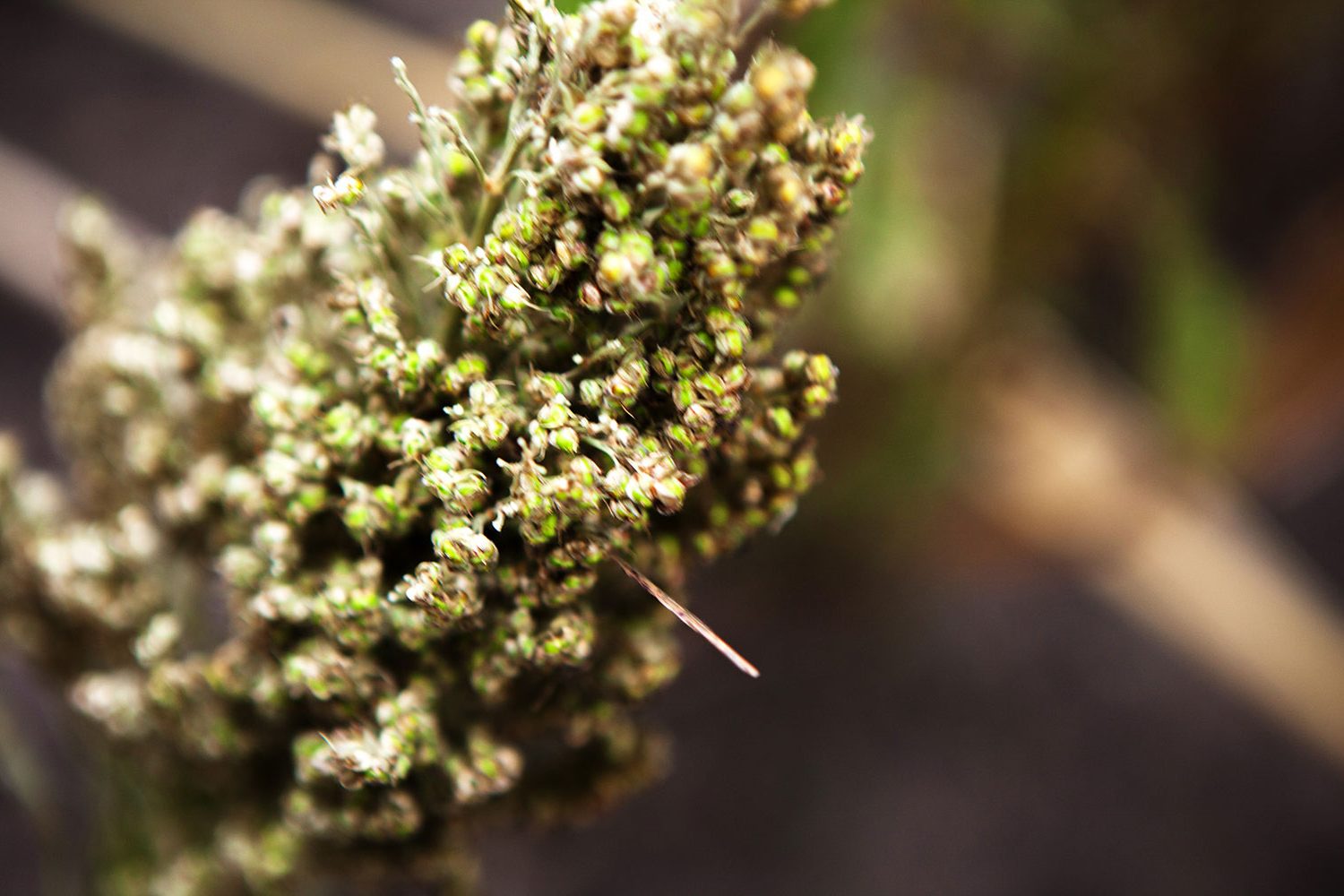CSI Seminar Brent Crafton, Lanier Dabruzzi, Shelee Padgett and Zach Simon Jan 13 at 11 AM CT
The Center for Sorghum Improvement (CSI) will host a virtual seminar given by Brent Crafton, Lanier Dabruzzi, Shelee Padgett and Zach Simon, members of the Sorghum Checkoff Marketing Team, on Tuesday, January 13 at 11:00 AM CT. Their talk, “Moving






